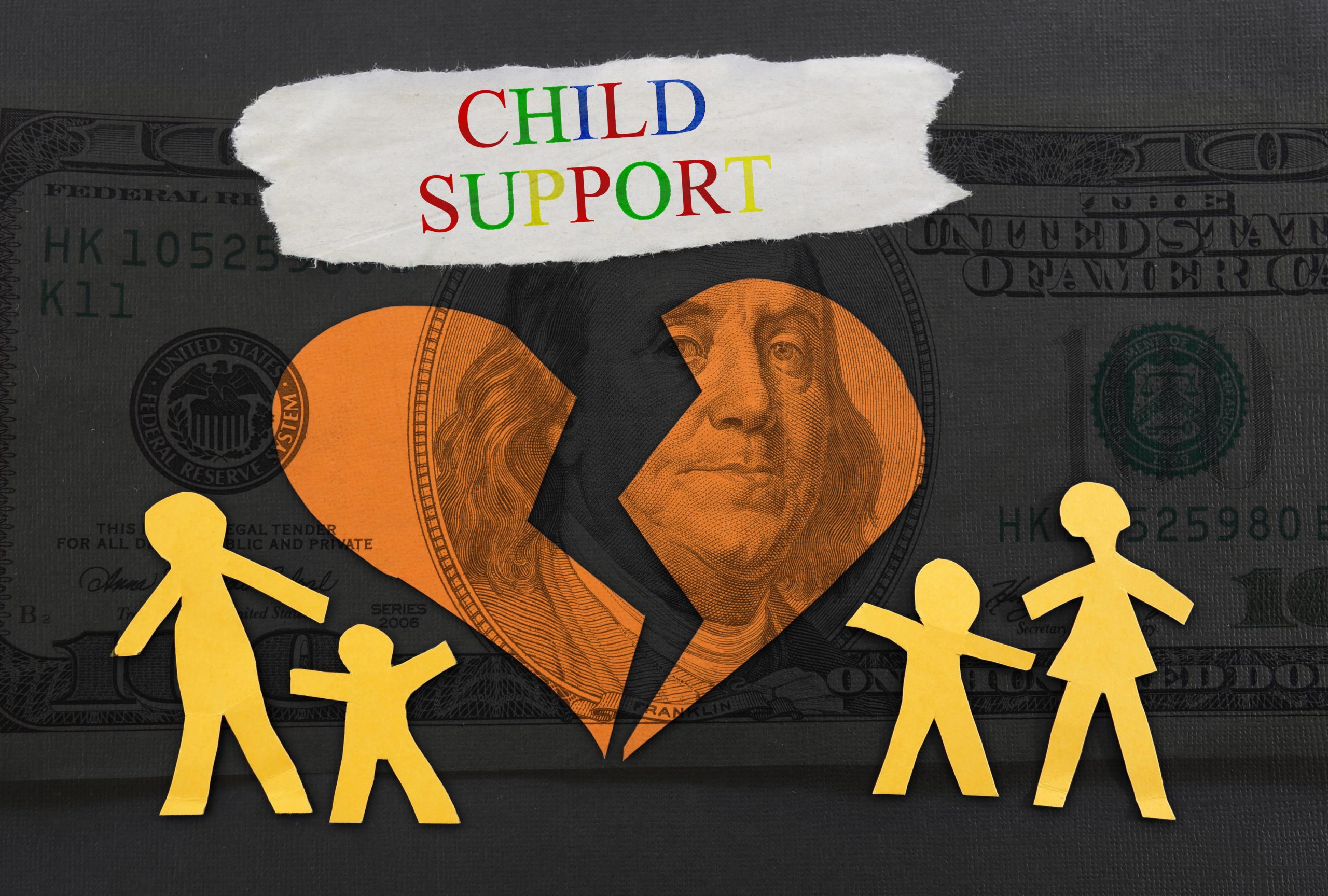Tips for Effective Coparenting Following Divorce in CA

Transitioning from married life back to single living can be very difficult, especially if you are a divorced parent. It is necessary to not only take care of yourself and adapt to your new reality but also to ensure your children can adjust in the healthiest ways possible. Unfortunately, it is fairly common for recently divorced parents to notice significant changes in their children’s behavior. Some parents even feel lost when it comes to communicating with their children about their new reality. One of divorced parents’ greatest challenges is often reconciling their personal feelings about the other parent with their shared responsibilities.
If you have recently divorced in San Diego and have a child custody agreement with your ex-spouse, it is natural to experience many difficult emotions during the transition phase. However, it is vital to be reasonable and practical when it comes to dealing with your ex. No matter what type of personal issues lie between you and your ex, you both have a responsibility to do what is best for your children.
 San Diego Divorce Attorneys Blog
San Diego Divorce Attorneys Blog




 Visitation is an important part of any
Visitation is an important part of any  Navigating custody and child support cases is a normal part of course proceedings. If you happen to be an unmarried parent who has newly separated from their partner, you might be wondering if any legal provisions are in place to support you and your child. In 2018, the CDC revealed 39.6% of all births in the United States resulted from relationships outside of wedlock, so this is hardly an unusual situation. However, the information and resources available to parents going through custody-related claims in court are generally focused on situations where the parents were previously in a legally recognized union.
Navigating custody and child support cases is a normal part of course proceedings. If you happen to be an unmarried parent who has newly separated from their partner, you might be wondering if any legal provisions are in place to support you and your child. In 2018, the CDC revealed 39.6% of all births in the United States resulted from relationships outside of wedlock, so this is hardly an unusual situation. However, the information and resources available to parents going through custody-related claims in court are generally focused on situations where the parents were previously in a legally recognized union.  Regardless of your custody arrangement or relationship with your child’s other parent, navigating the intricacies of co-parenting over the holidays can be difficult. Holiday planning is particularly challenging this year due to the ongoing pandemic, which has introduced new obstacles and complications to anything involving travel. However, even during a normal year, the holidays inherently require a lot of work and careful communication for separated parents.
Regardless of your custody arrangement or relationship with your child’s other parent, navigating the intricacies of co-parenting over the holidays can be difficult. Holiday planning is particularly challenging this year due to the ongoing pandemic, which has introduced new obstacles and complications to anything involving travel. However, even during a normal year, the holidays inherently require a lot of work and careful communication for separated parents. 


